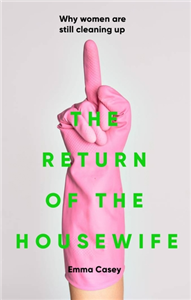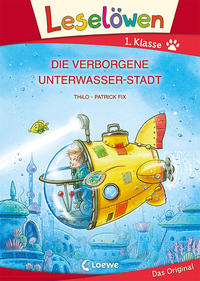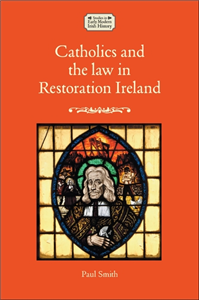Bach Doctor Press
Darin Dance started his own publishing and photography business in 2014: The Bach Doctor Press after researching and taking photographs for many book projects while working collaboratively with fellow Ngāi Tahu writers. He firmly believes that with the retrenchment of the main publishing houses back to Australia, America and Europe, our remarkable “Kiwi” voices and stories will be lost and unheard unless new publishing ventures are prepared to fill this void. This has become his mission to promote our unique kōrero and pakiwaitara (stories and legends).
View Rights Portal






























